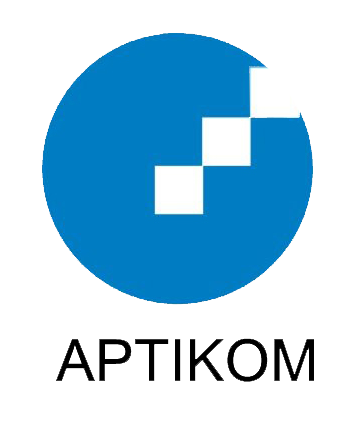DEFINING KNOWLEDGE MANAGEMENT STRATEGY IN INDONESIAN GOVERNMENT: CASE STUDY HEAD OFFICE OF BADAN KEPEGAWAIAN NEGARA
Keywords:
Knowledge Management Strategy, Knowledge Management Assessment, Balanced Scorecard
Abstract
Knowledge Management (KM) became a new concept of organizational development. Many organization starts to implement knowledge management including government. First step for implementing KM in organization is defining KM strategy. This research aims to define KM strategy byKM assessment from organization vision, mission and goals using balanced scorecard (BSC) methods to find KM performance indicator in each aspect of balanced scorecard variable. This study constructs SPSS (Statistical Package for the Social Sciences) for processing and data analysis. The authors spread questionnaire at Head Office of Badan Kepegawaian Negara, Jakarta. The result of this research are KM strategies for implementing KM in Indonesian Government case study at Badan Kepegawaian Negara are monitoring program performance in order to create a working relationship and good personnel management as a learning activity for increasing organizational performance, raise up a teamwork culture within organization in to support business process in order to reach organizational performance and competitive advantage, increasing timeliness of service target achievement and standard time of customer service in order to increase organizational performance, and increasing the coordination effectiveness of program planning and budget as to increase the accountability of the organization, performance achievement and organizational performance.Downloads
Download data is not yet available.
Published
2014-04-08
How to Cite
Cahyaningsih, E., Sukmiati, D., Chasanah, N., & Sensuse, D. I. (2014). DEFINING KNOWLEDGE MANAGEMENT STRATEGY IN INDONESIAN GOVERNMENT: CASE STUDY HEAD OFFICE OF BADAN KEPEGAWAIAN NEGARA. Jurnal Sistem Informasi, 9(2), 67-74. https://doi.org/10.21609/jsi.v9i2.353
Section
Articles
Authors who publish with this journal agree to the following terms:
- Authors retain copyright and grant the journal right of first publication with the work simultaneously licensed under a Creative Commons Attribution License that allows others to share the work with an acknowledgement of the work's authorship and initial publication in this journal.
- Authors are able to enter into separate, additional contractual arrangements for the non-exclusive distribution of the journal's published version of the work (e.g., post it to an institutional repository or publish it in a book), with an acknowledgement of its initial publication in this journal.
- Authors are permitted and encouraged to post their work online (e.g., in institutional repositories or on their website) prior to and during the submission process, as it can lead to productive exchanges, as well as earlier and greater citation of published work (See The Effect of Open Access).








